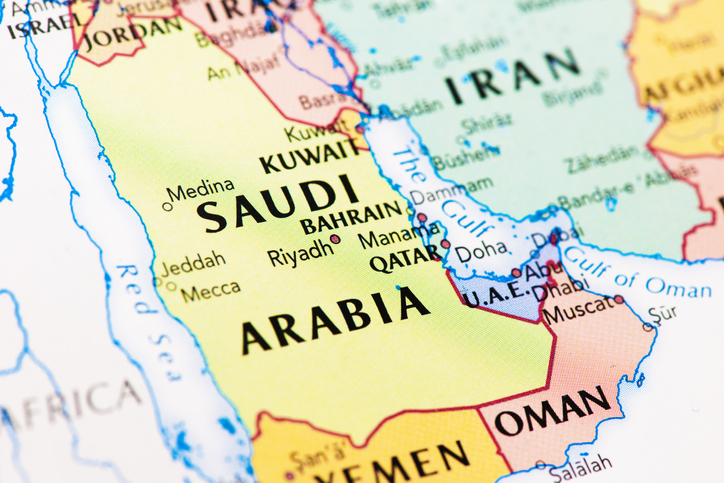Today’s announcement that Saudi Arabia and Iran have restored diplomatic relations is, according to John Hannah, the Randi & Charles Wax Senior Fellow at JINSA, the continuation of a long-term regional hedging strategy driven by a lack of confidence in the United States.
“Unfortunately, the deal is further evidence of the damage being done to US interests by President Biden’s misguided Middle East policies,” Hannah said. “A pattern of exhibiting weakness toward our enemies and contempt toward our friends has generated a predictable effort by countries like Saudi Arabia to fend for themselves any way they can.”
“With declining confidence in the U.S. commitment to their security, appeasing Iran and throwing the door open to unprecedented Chinese influence in the geopolitics of the Middle East is the sad, but unsurprising, result. It’s a significant blow both to US efforts to isolate and contain Iran, but perhaps more importantly to Washington’s larger great-power competition with a rising China determined to undermine the U.S.-led order—not just in East Asia but across key regions of the world, especially the Middle East.”
“The chickens of the administration’s flight from Afghanistan, the failed and desperate efforts to revive the JCPOA, and the public pledges to reevaluate U.S.-Saudi relations are coming home to roost.”
“The U.S. still has ample capabilities, assets, and advantages to stem the dangerous hemorrhaging of U.S. influence in the Middle East, but the time to do so may be shorter than most people think. It’s past time for the Biden administration to undertake a more fundamental course correction vis a vis its approach toward Iran and the security needs of our traditional Middle East friends,” Hannah recommends.
According to Hannah, “getting serious about a major diplomatic push to broker an historic Israeli-Saudi peace deal that now appears on offer should be an essential element of U.S. regional strategy.” Hannah discussed what steps the United States could take to accelerate Israeli-Saudi normalization in a recent Wall Street Journal article.

